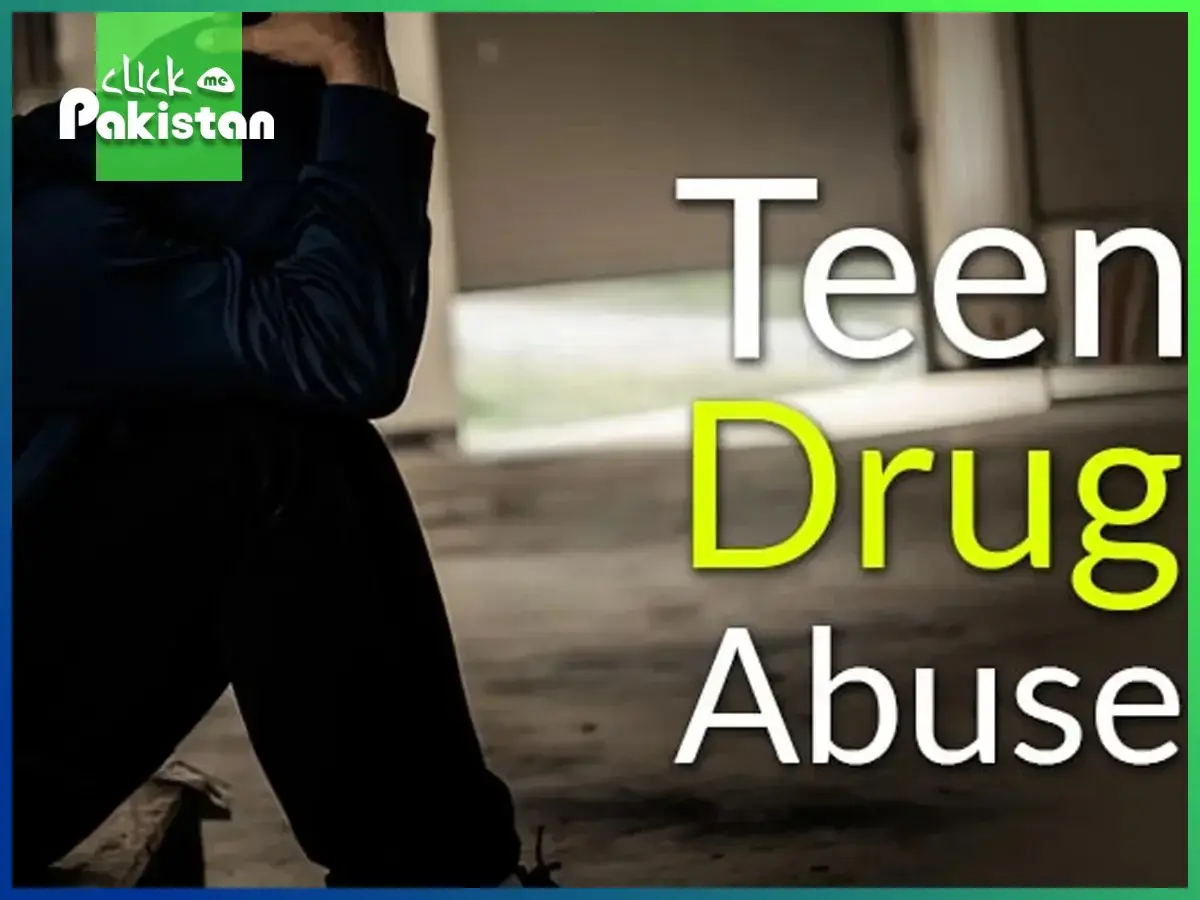Introduction
It is critical that we, as parents, guardians, or instructors, address the problem of teen Drug Abuse. Adolescence is a delicate period, so it’s important to recognize the warning signs and encourage honest communication. This post will discuss the warning signals of teen drug usage and offer advice on how to have delicate conversations with your teenagers about it.
Recognizing the Range of Drug Abuse Among Teens

Teens may be especially vulnerable to drug usage because of their curiosity, peer pressure, or need to get away from stressful situations. Parents must be aware of how common drug usage is among teenagers and take the initiative to address the problem.
Identifying Warning Indications
Knowing the warning signs is a critical first step in combating teen drug misuse. Behavior changes, mood swings, poor academic performance, irregular sleep habits, shifting social circles, and disregard for personal hygiene are a few examples. Look out for any unexpected changes in your body or emotions.
Keeping Lines of Communication Open

It’s critical to have open channels of communication with your adolescent. Establish a space where people may talk about their ideas and experiences without worrying about being judged. Ask them about their day, their friends, and any difficulties they may be having regularly.
Learning for Yourself
Keep up with the many drug kinds, their consequences, and the most recent developments in substance usage. Not only will this knowledge assist you in identifying any warning indicators, but it will also allow you to accurately enlighten your adolescent when talking about the dangers of drug usage.
Selecting Appropriate Time and Location
It takes consideration to strike up a discourse about drug abuse. Select a time when your adolescent is at ease and open to communication, and locate a peaceful, private area where you can have uninterrupted conversations. Steer clear of conflicts and accusations in favor of a composed and sympathetic voice.
Demonstrating Care and Compassion

Instead of blaming your child for possible drug usage, show your concern for their welfare when having this conversation. Express your emotions using “I” phrases to prevent coming out as judgmental. Tell them that your main concerns are their health and safety and that you are there to support them.
Establishing a Helpful Environment
It’s critical to have a relationship with your teen that is based on trust and support. Promote candid dialogue, attentive listening, and open communication. When teens feel heard and encouraged, they are more willing to talk about their difficulties.
Starting the Discussion
Treat the subject of drug abuse with caution and consideration. Pick a time when you and your adolescent can have uninterrupted conversations. When voicing your worries, use phrases to demonstrate that you are speaking out of concern and love rather than accusation.
Paying Attention and Having Empathy
Pay close attention to what your adolescent has to say. Instead of approaching them directly, try to comprehend their thoughts and emotions. Show empathy for the difficulties someone could be going through to improve your relationship and lead to a more fruitful dialogue.
Providing Accurate Information

Provide accurate information on the dangers and repercussions of drug abuse. Be ready to talk about how it affects relationships, mental and physical health, and academic achievement. Giving your adolescent appropriate information can assist them in making wise decisions.
Promoting Intentional Listening
Allow your adolescent to express themselves. Actively listen without interjecting or making assumptions. Invite them to talk about their emotions, worries, and any peer pressure they may be dealing with. Gaining their trust requires that you comprehend their viewpoint.
Clearly Outlining Expectations and Repercussions

Make it clear what you expect from drug usage and the related repercussions. Setting limits teaches your adolescent the value of making responsible decisions. Enforce regulations consistently while allowing for free communication.
Getting Professional Assistance When Needed
It’s critical to get expert assistance if you think your adolescent is abusing drugs. Speak with a medical professional, therapist, or addiction expert for advice on how to proceed with resolving the problem.
Setting a Good Example
Set an exemplary example. Show that you can manage stress, anxiety, and difficulties healthily without abusing drugs. Your teen’s beliefs regarding drug use can be greatly impacted by your choices and behavior.
Conclusion
To effectively combat teen drug misuse, caution, honest communication, and support must be carefully balanced. Parents may help kids feel comfortable talking about any difficulties they may be having by identifying warning signals, encouraging honest communication, and taking a proactive stance. Recall that early intervention and compassionate treatment of the problem can have a big influence on a teen’s capacity to make responsible and educated decisions about substance use.
Read Also: Effective Strategies To Stop Over-Thinking
Read Also: What Is Wrong With Desi Parenting









